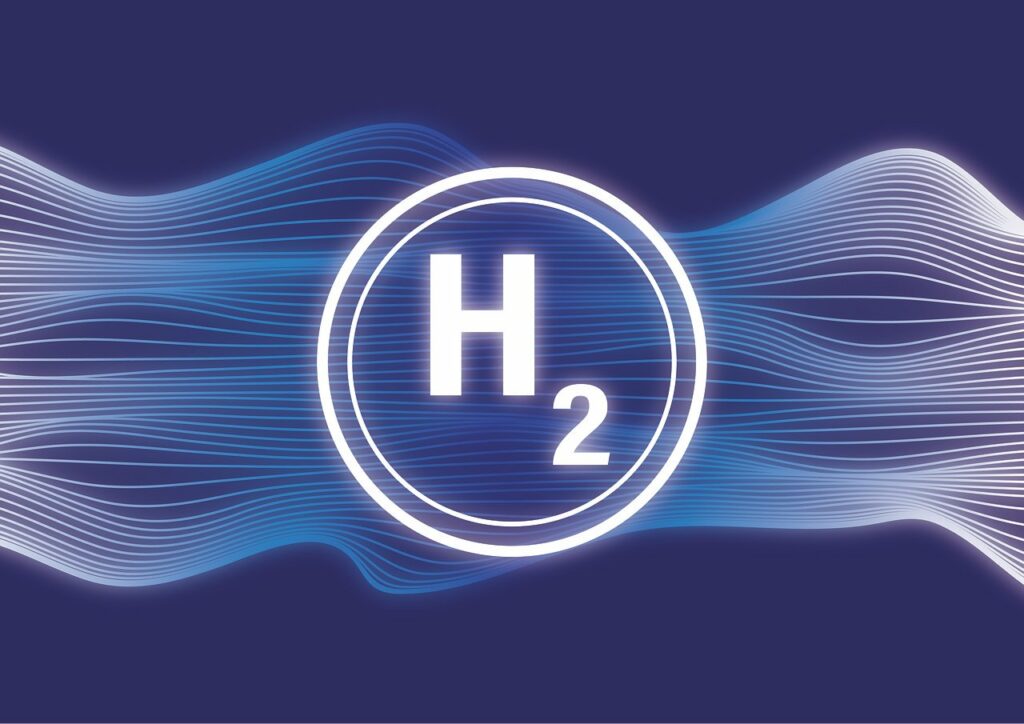Senate Democrats have recently proposed changes to the current regulations surrounding clean hydrogen credits.
The initiative stems from concerns that the existing framework may not be providing adequate incentives for the widespread adoption of clean hydrogen technologies. By modifying these regulations, proponents hope to make clean hydrogen a more viable and attractive energy source, ultimately contributing to significant reductions in greenhouse gas emissions.
Key suggestions include altering the credit values and eligibility criteria. The senators argue that the current credit system inadequately supports projects that can make substantial environmental impacts. Furthermore, they highlight the need for clearer guidelines on what constitutes “clean” hydrogen to ensure that credit recipients are genuinely contributing to reduced carbon footprints.
Reactions from industry stakeholders have been mixed. Some firms welcome the potential for enhanced financial incentives, which could accelerate investment and development in the sector. However, others caution that frequent regulatory changes may create uncertainty, potentially hindering long-term projects.
From an environmental perspective, these changes could spur more companies to invest in clean hydrogen technologies, reducing reliance on fossil fuels. Clean hydrogen has the potential to decarbonize various sectors, including transportation and heavy industry, which are traditionally hard to electrify.
The path forward for these proposed changes involves careful negotiation and potential amendments to existing laws. While there is bipartisan support for environmental initiatives, the specifics of how to implement clean hydrogen credits can be contentious. Key committees and environmental advocacy groups will play significant roles in shaping the final regulations.





